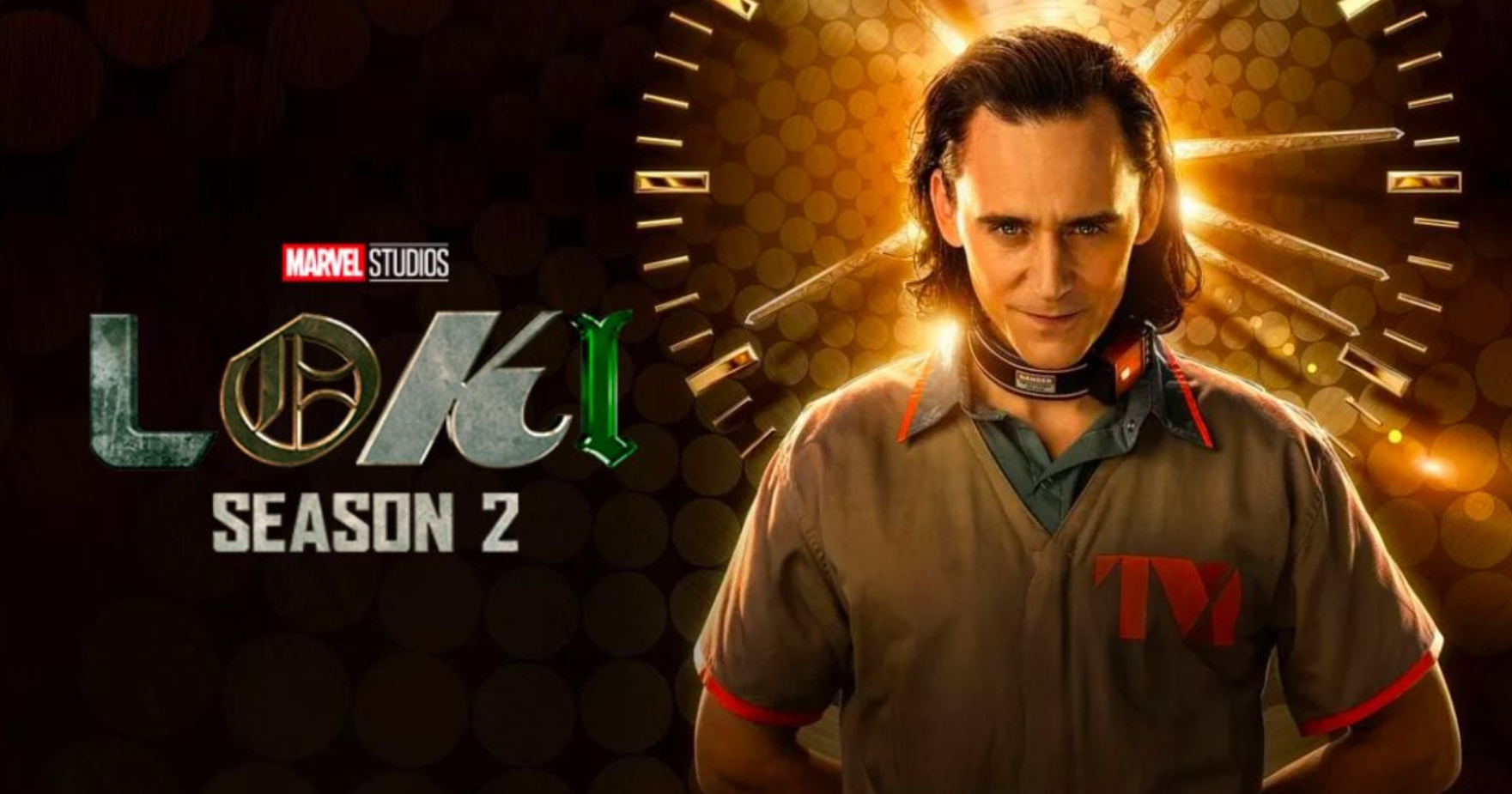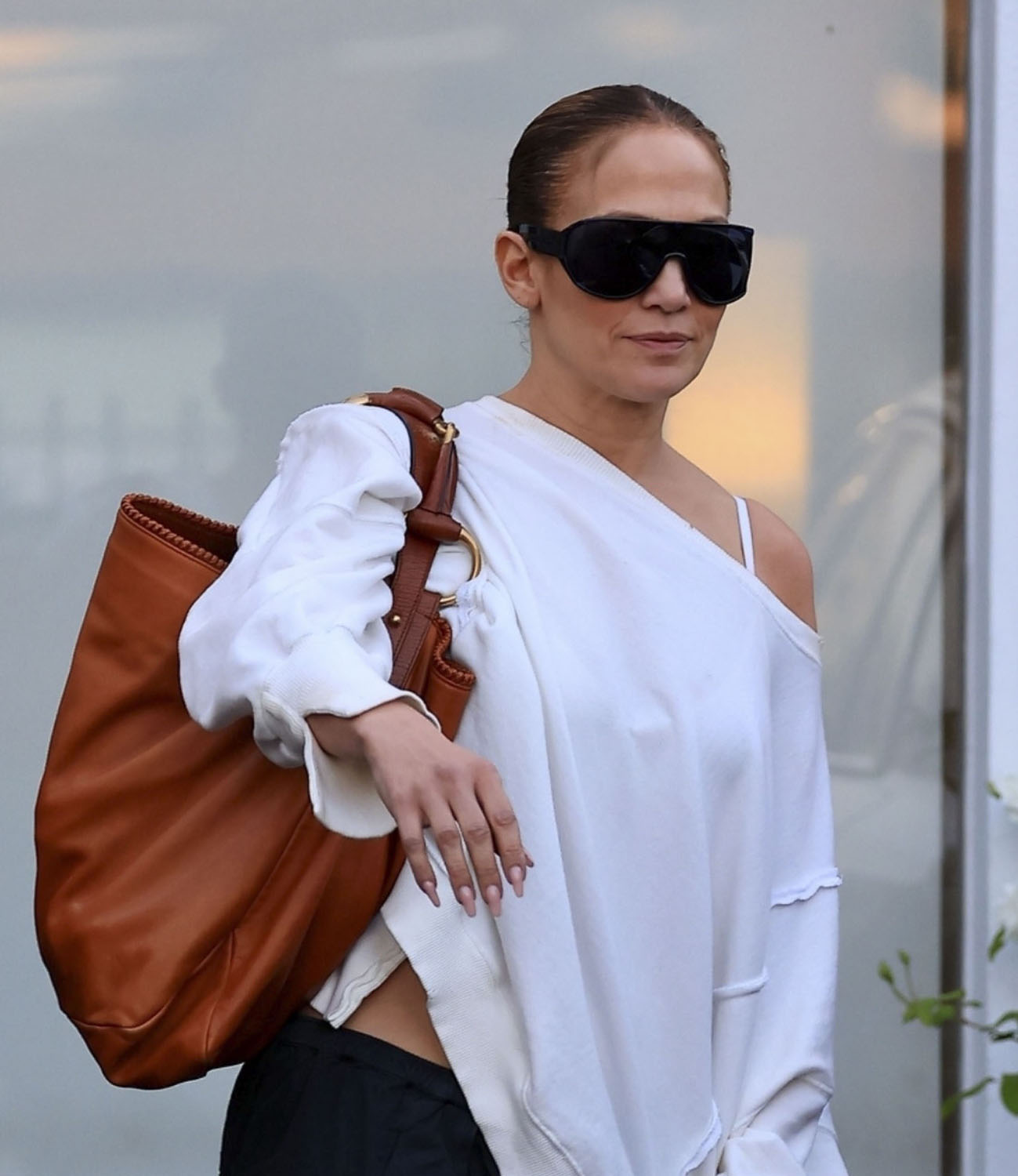Loki’s back



After the meandering narrative wilderness of the post-Endgame MCU, Loki season two feels like someone pushed the reset button. While the story is perfectly in line with season one, picking up right where the previous season ended, and it does technically continue the “multiverse saga”, Loki season two feels like a creative breath of fresh air. It’s fun, funny, confident, and blazingly fast-paced, rocketing through about 180 minutes of storytelling with little respite. (This review is of the first four episodes made available.) Loki remains one of the best things Marvel has done in the post-Endgame era, thanks in no small part to Tom Hiddleston.
He clearly has not yet grown tired of playing Loki, and here he has maybe the most interesting version of Loki to play yet. After his catastrophic failure at the end of season one, Loki is still trying to fix things. The timeline is melting down and the TVA is chaos, but Loki is still trying to find a way to salvage the situation. This is the most mature iteration of Loki yet, and there is poignancy in the fact that this redemption arc is playing out away from Thor and his family. In one beautifully acted moment, Loki seems aware of how he’s changed and maybe a little wistful that no one is around to witness it except Mobius, a guy who has never been fooled or impressed by him.
Owen Wilson returns as Mobius, and he and Hiddleston are even better this time around, with their buddy cop routine down pat. Mobius is struggling with his own crisis of whether or not to go find out who he was before the TVA kidnapped and remade him, but like Loki, he is also driven to stave off utter destruction by any means necessary. Generally, Loki season two is an action-packed sci-fi adventure full of humor and timey-wimey nonsense, but there are moments of reflection where characters confront the consequences of their choices that allows the story to breathe and expand beyond a formulaic plot of “get this to fix that”. The actual plot of Loki is your typical fetch quest, they need the person/thingamajig to do X and make Y happen.
But while Loki and Mobius are running around trying to avert disaster, the story of Loki hones the themes introduced in season one. Order vs. chaos, pre-destiny vs. free will, actions and consequences, and, finally, Loki wrestling with the responsibility of having the power he does, of being an actual god at the potential end of the universe with maybe the ability to do something about it…but would that violate universal free will? Through four episodes, Loki doesn’t answer these questions, because maybe they don’t have answers. Loki certainly couldn’t solve the problem in season one, and season two, thus far, isn’t creating a convenient out for him. As defined by this series, Loki is a “loser”, a villain destined to fail over and over, and one of the neatest narrative tricks of Loki is how even as he is genuinely changing and growing, Loki cannot break this cycle.
Where Loki season two primarily stumbles is with the introduction of Victor Timely, a nineteenth-century, Tesla-esque inventor and variant of Kang the Conqueror/He Who Remains. Jonathan Majors once again plays Kang/Victor, and leaving aside all his off-screen unpleasantness, he makes a choice in his performance that is borderline disastrous. In a series where every performance feels perfectly calibrated and effortless, Majors is ACTING, you are aware every moment of how hard he’s working to make sure you notice he’s working. He’s so mannered it borders on stiff, and except for a few cleverly designed ticking-clock sequences, he tends to bring the pace down.
The second, lesser stumble is Sophia DiMartino, who returns as Sylvie, Lady Loki. Maybe there will be a huge turnaround in the final two episodes, but for the first two-thirds of the season, she just doesn’t have a lot to do. After blowing everything up at the end of season one, Sylvie tries to settle down into a normal life in 1982 Oklahoma (this is the most aggressive McDonald’s product placement since Mac & Me). She is pissed when Loki arrives to interrupt that and doesn’t really get to play anything else. In the first season, she was an intriguing contrast to Loki, a version of Loki that grew up secure in herself, self-loving where Loki is self-loathing. Here, she comes off less his equal but opposite contrast, and more like a petulant child mad she’s expected to clean up her mess. There has not been as much character development devoted to Sylvie, and it shows.
But the rest of the cast is incredible. Wunmi Mosaku and Eugene Cordero are fantastic in expanded roles, and Blindspotting’s Rafael Casal is a great addition as hunter X05, a self-serving schemer who will do anything to save his own skin. And Ke Huy Quan is stellar as Ouroboros, or “OB”, the Mr. Fix-it of the TVA. He has to spit a lot of exposition, but he does it so charmingly you hardly notice everything he’s saying is just stage directions. Where Majors makes a lot of questionable decisions, Quan makes all the right ones, providing a perfect, comedic contrast to the barely controlled panic projected by Hiddleston and Wilson.
Overall, Loki comes back stronger and even more confident in its sophomore season. It’s fast-paced and action-packed but makes room for meaningful character moments and big ideas, and yet is incredibly funny. Jonathan Majors’ performance is miscalculated—he’s trying too hard when everyone around him is making it look so easy—but doesn’t derail the whole season. The focus remains on Loki, and somehow Tom Hiddleston keeps finding new shades within a character we think we know. Maybe Loki is always destined to lose, but it’s a lot of fun watching him try to flip his own script.
This review was published during the SAG-AFTRA strike of 2023. The work being reviewed would not exist without the labor of actors. Loki season two premieres October 5, 2023, on Disney+, with new episodes streaming every Thursday.

